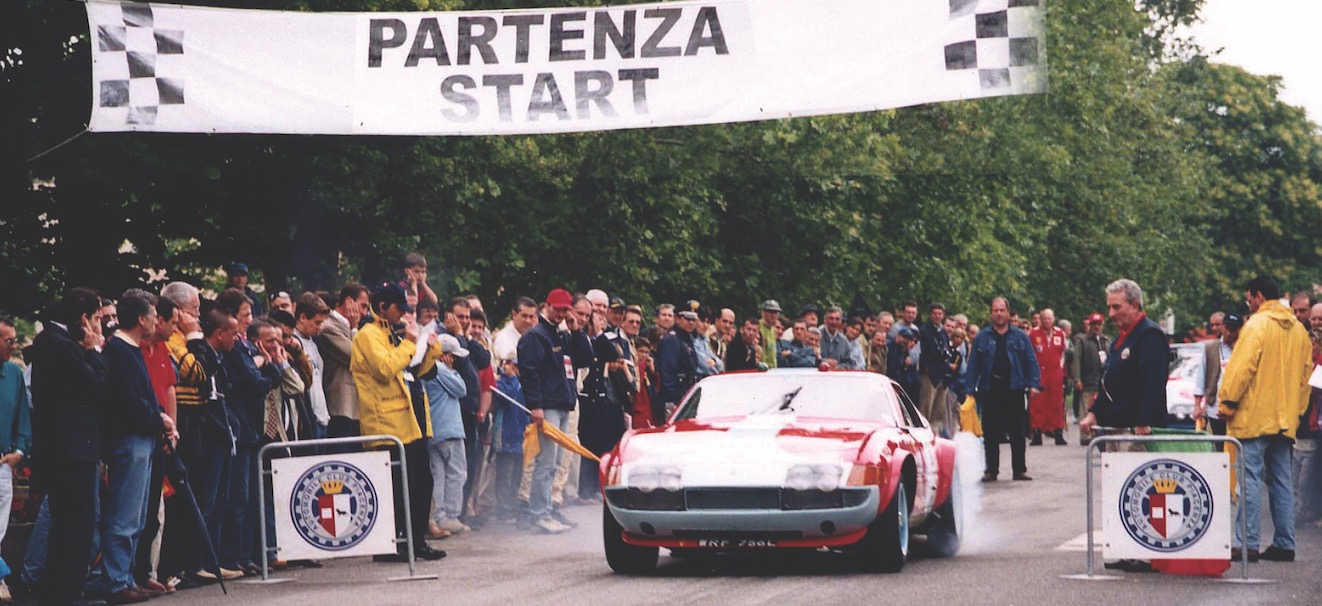Restarting Rallying
HOME » Magazine » July 2020 » Rally News » Restarting Rallying
The global pandemic has had a massive impact on motor sport across the globe and rallying, in all its forms, has been particularly badly hit. Now, as the first shoots of recovery start to emerge, and racing will resume in Europe during July, rallying is set to be left behind in the early stages. How does rallying re-start in the aftermath of the COVID 19 pandemic? Rally Editor Paul Lawrence tries to make sense of a constantly evolving situation.
More difficult to Control

Unquestionably racing is easier to control in terms of venues and access, and if events are to run behind closed doors it is a relatively easy matter to keep spectators out. Plus, it is all about one person in the car. Rallying faces a different challenge and keeping spectators away is virtually impossible on many events, while the simple concept of having two people in a car together for long periods of time is a real stumbling block in the UK, due to social distancing rules.
What we do know is that the 2020 rallying calendar has been decimated, even at the very top of the sport. At national level, many events are now cancelled rather than postponed, as organisers decide to drop plans for 2020 and focus on running their events again in 2021 instead.
Though the FIA represents all member states, the re-start of the sport is largely a national issue led by the ASNs working within national government rules and guidelines.
In the UK current extensive Motorsport UK guidelines make it clear that drivers and co-drivers sharing cars is not allowed while social distancing is in force and the two-metre rule will need to be removed before rallying can fully resume.
In Belgium, there is a plan to re-start rallying, including the popular historic championship, with the Tour of Flanders in early September. Competitor and organiser Christophe Jacob is hopeful that the plan will work. “Our main issue here will not be the distance between driver and co-driver, as we are allowed to have contact within a bubble of 10 people outside the family, but the spectators. The latest release says 200 seated people is the maximum from the beginning of July. All these activities are subject to specific protocols to be tabled by sporting federations.”
The situation in countries like Italy, Spain and France seem to be broadly similar to Belgium and national borders have opened up so that international events and cross-border events have become feasible. In Spain, the Rally Costa Brava, one of the most popular regularity events in Europe, will run on the new date of 15-18 October, and in France, the Rally Championship is scheduled to pick up where it left off starting with the Autun Sud Morvan rally on 19-21 August.
Rallying in Italy, one of the countries most heavily impacted by the virus, is due to restart over the first weekend in August, while the FIA Historic Hillclimb Championship re-starts in Italy on 11-12 July.
However, the experience in the UK is rather different and a recently imposed 14-day quarantine period for anyone arriving in the country will prevent both visitors and UK teams travelling to European events, at least in the short term and most pundits believe it will be October before events with two crew members become possible.
Guy Woodcock from HERO talked about what they are doing to try and get UK-based events like the Rally of the Tests and Le Jog running this autumn. “People are going to have to work with the organisers and, until UK government guidelines change there will be no rallies. But we think that those changes will be coming and we’re planning for events starting later in the summer. We’ll need to do more administration on-line and even reduce detail things like not passing clipboards to marshals and back again. Maybe marshals will call out the time for navigators to write on their own timecards and then record it on their own check sheets.
“We believe there is pent-up demand to do events as soon as we get the go-ahead. We’ve produced a revised calendar of UK events for the rest of 2020. We hope to run the Winter Challenge in France next February and then more international cross-border events from next spring.”
There is clearly light at the end of the dark tunnel but rallying for the balance of 2020 is going to be limited and variable from country to country.
These stories are all from the pages of Historic Motor Racing News. Some have been abbreviated for this web site. If you'd like to receive the full version, please visit our subscription page where you will find postal subscriptions available. A full subscription also entitles you to access the current issue online (available soon), so you can take it with you and read it anywhere, and we are working on providing full access to our archives of back issues exclusively for our subscribers.